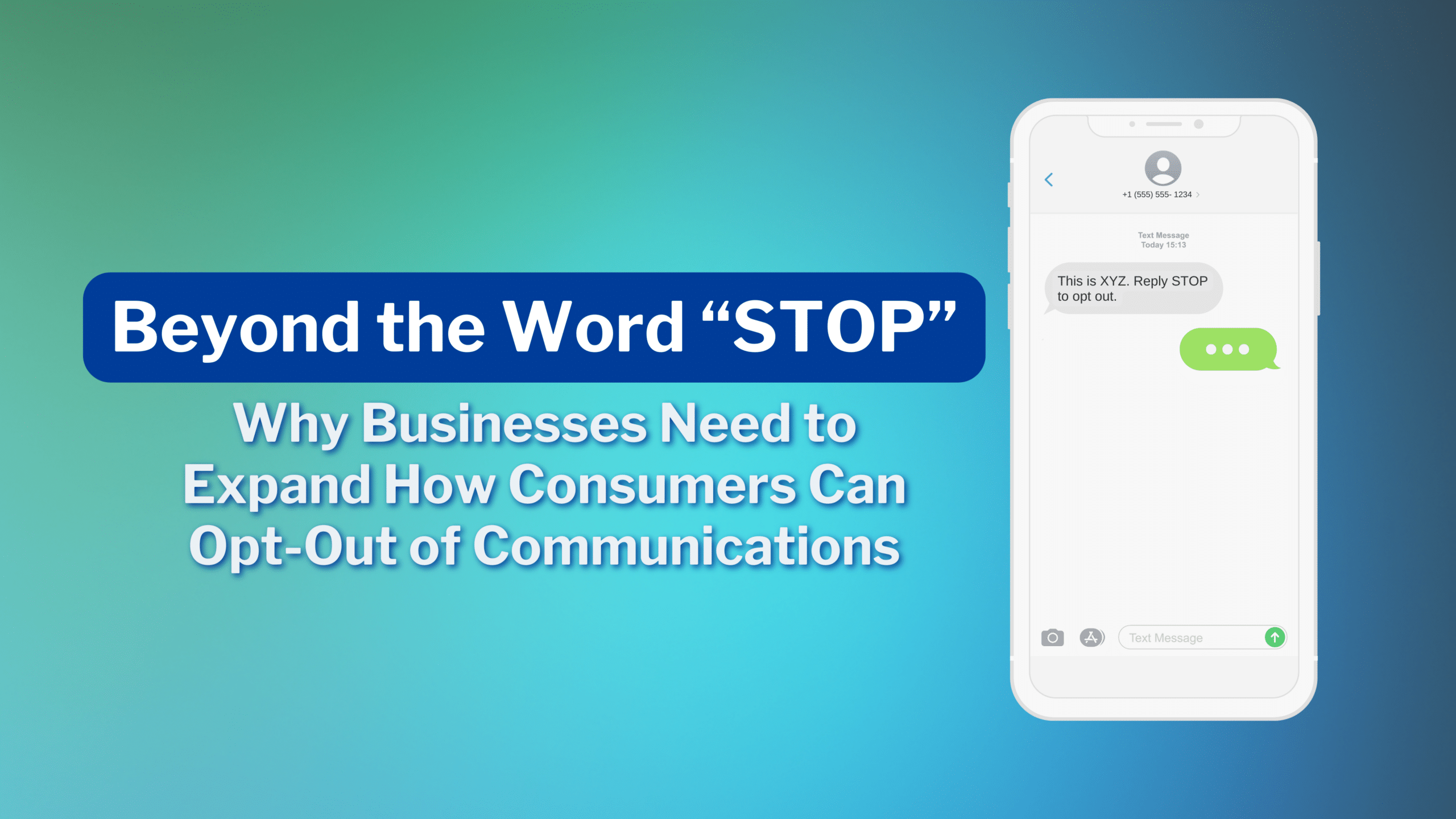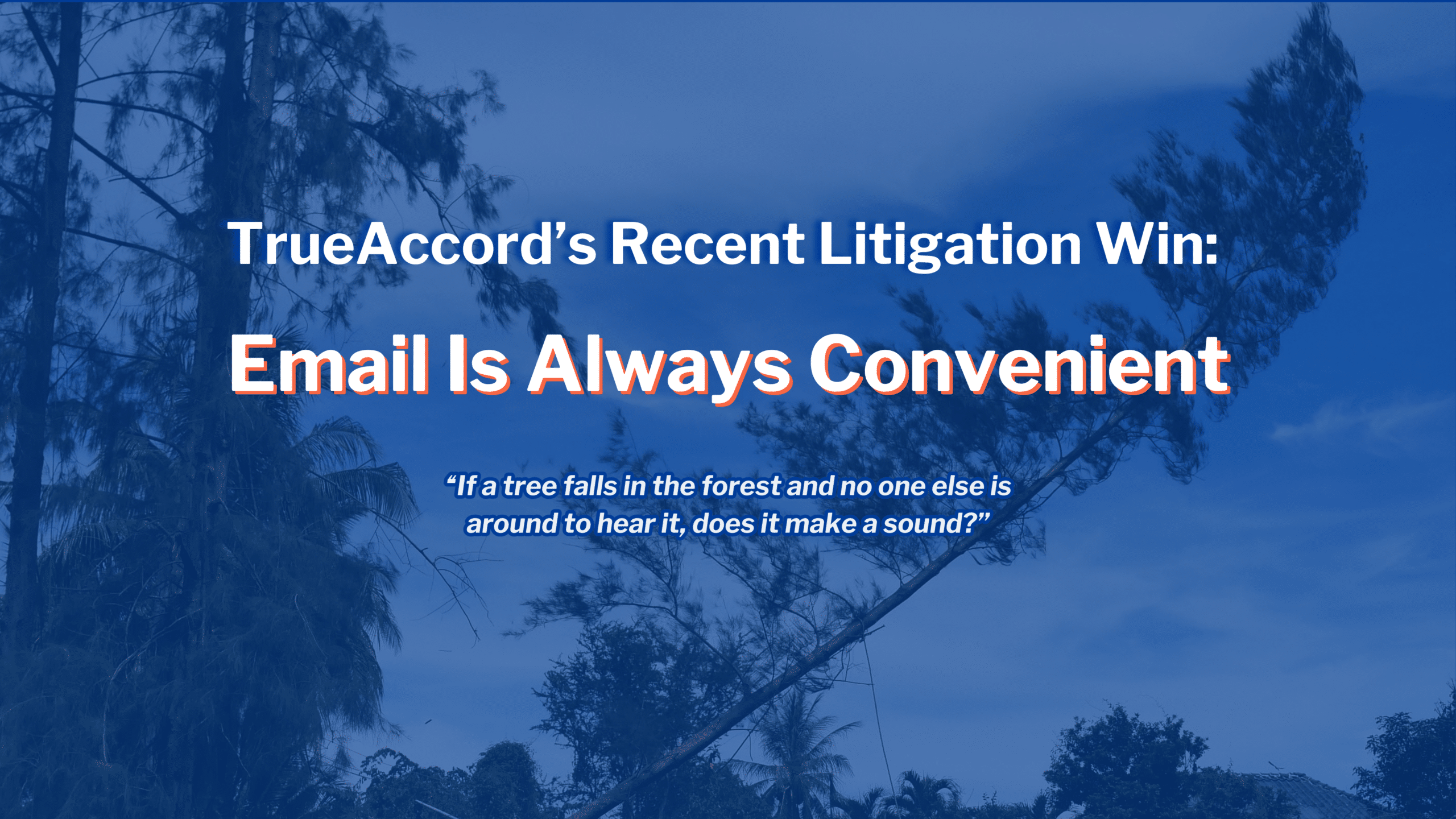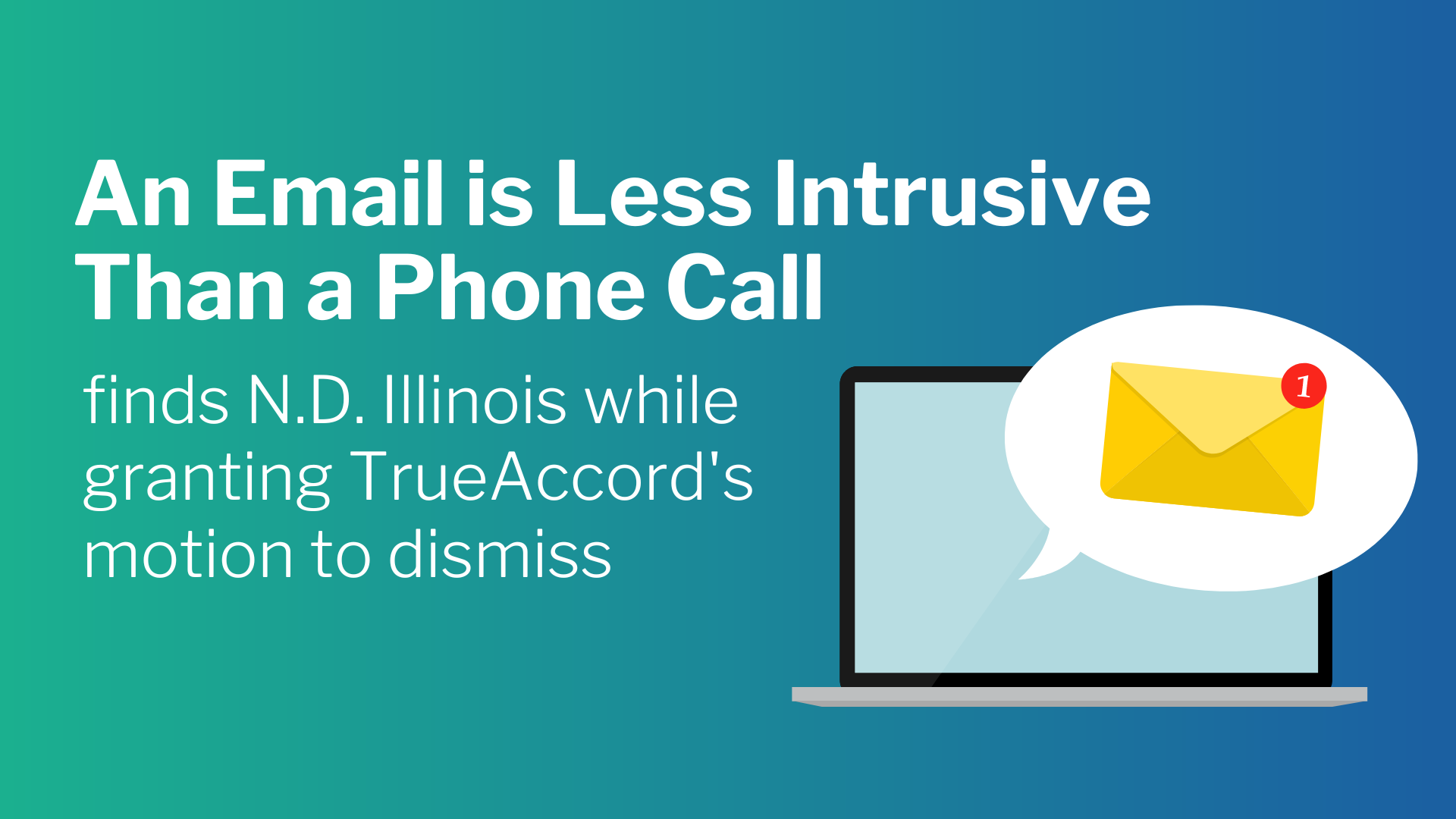
In today’s digital communication landscape, businesses—especially those that use digital outreach to engage delinquent consumers to collect debts—are facing increasing pressure to ensure they respect consumers opting out of communications from a particular channel.
While the word “STOP” has been a widely recognized method for consumers to unsubscribe from text messages, the reality is that consumers may express their desire to opt out in various ways. And with the advent of accepting MMS (Multimedia Messaging Service) replies that allow for multimedia content like images, videos, and audio, along with longer text messages, consumers are bound to get creative.
On top of consumer preferences, new and upcoming regulations from the Federal Communications Commission (FCC) and the Consumer Financial Protection Bureau (CFPB) are making it crucial for businesses to go beyond just the word “STOP” and ensure they have a comprehensive system in place to honor opt-out requests promptly and accurately.
Keeping Up with the Evolving Regulatory Landscape
The FCC is currently revising its rules as part of efforts to reduce unnecessary regulatory burdens, particularly those that affect automated communications like debt collection calls and texts—a shift in policy could influence how businesses, especially those in debt collection, approach consumer opt-out requests.
Two FCC orders in particular have direct consequences for companies that rely on automated communications, including debt collectors:
1. The 2024 FCC Order:
- Consumers can revoke consent for robocalls or robotexts in “any reasonable manner,” making it vital for businesses to broaden their opt-out options beyond a single keyword like “STOP.”
- The revocation applies not only to the channel through which the request was made but also to any other forms of communication at that phone number.
- Businesses must process these requests promptly, no later than 10 business days.
2. The 2025 FCC Order:
- This order strengthens rules regarding call blocking, which may affect legitimate debt collection communications. It mandates that service providers block calls they deem “highly likely to be illegal,” based on their internal Do Not Originate (DNO) lists.
- The risk is that legitimate calls could get mistakenly blocked, disrupting lawful debt collection efforts.
Going Beyond “STOP”: Why It’s Essential for Businesses
As these new FCC orders take effect, why else do businesses need to expand their opt-out processes? Let’s start by looking at existing regulations and requirements along with other factors that can impact an organization’s ability to engage consumers, collect debt, and ultimately their bottom line.
- Compliance and Legal Risk: By honoring only “STOP,” companies may miss other legitimate opt-out expressions, risking violations of regulations like the Telephone Consumer Protection Act (TCPA) or the Fair Debt Collection Practices Act (FDCPA). Failure to comply can lead to legal consequences and damage to a business’s reputation.
- Efficiency: In industries like debt collection, where high volumes of communication are involved, a flexible, automated opt-out process can ensure that no consumer request is overlooked. Implementing technology to track and process these requests quickly is key to maintaining a streamlined, efficient operation.
- Technology and Innovation: The digital age demands businesses use advanced technology to manage consumer interactions effectively. Automating the opt-out process ensures that all channels are updated in real time, avoiding mistakes and minimizing delays.
- Consumer Trust: Consumers are more likely to engage with a company that respects their preferences and responds to opt-out requests quickly. Offering various opt-out methods and honoring them promptly can significantly improve customer experience.
TrueAccord Leads the Way in Opt-Out Efficacy and Efficiency with RPA Bots
At TrueAccord, we understand that consumer opt-out preferences must be managed with the utmost care. Using Robotic Process Automation (RPA) and artificial intelligence to automate back-office operations helps ensure compliance, improved customer experience, and a more cost-effective way to engage and collect.
- Automated Opt-Out Recognition: While many companies recognize the word “STOP” as an opt-out request, TrueAccord’s system goes further. We use AI tools to scan incoming messages for not just “STOP,” but also for variations like “revoke,” “quit,” “cancel,” and even unusual or colorful expressions of dissatisfaction. If a message contains any of these keywords, the bot automatically processes the opt-out request by unsubscribing the consumer from the SMS channel.
- Real-Time Compliance: Our system, powered by HeartBeat—TrueAccord’s patented machine learning engine—ensures that consumer preferences are respected. If a consumer opts out of one communication channel, we ensure that all future communications to that particular channel are paused, preventing any further contact that could lead to complaints or violations.
- RPA Efficiency: Thanks to our RPA bots, tasks that once took hours or even days for human employees to manage are now completed in a matter of minutes. For example, our bots can process large volumes of responses, automatically unsubscribing consumers or flagging accounts for further review, reducing the time needed to comply with opt-out requests and ensuring that no request goes unnoticed.
- Advanced Reporting and Monitoring: We don’t just automate the opt-out process—we also track and report on all consumer interactions. This allows us to maintain a detailed audit trail for compliance purposes, ensuring that all opt-out requests are processed promptly and accurately.
TrueAccord is committed to staying ahead of regulatory changes and technological advancements. As the FCC’s rules continue to evolve, we are constantly refining our processes to ensure we are not only compliant but also providing an exceptional consumer experience.
What Does This Fish Mean to You? Navigating Opt-Outs Through MMS
When it comes to consumers opting out of receiving TrueAccord communications through MMS, consumers can truly get creative: photos, memes, emojis, songs, selfies, and more. While text-based responses can be scanned and filtered, MMS is trickier.
For MMS, the reviews need that human set of eyes. Why? Let’s use this actual consumer reply to a text message from TrueAccord that included the standard “STOP to opt-out” language:

What does this fish mean to you? Specifically in the context of debt collection communications with a business, what action do you think the consumer is trying to invoke?
While there are plenty of words and phrases you can program into a filter or scanner, this fish is not as easy to decipher the meaning. Automation takes the burden of basic reviewing off the shoulders of agents and allows bandwidth for examining the more creative responses and handling them appropriately.
So if your debt collection partner is only using a rudimentary scanner for opt-outs, it’s likely that unique opt-out requests are falling through the cracks—and that’s if that partner even has an automated process to manage replies and responses in the first place.
For businesses looking for a debt collection partner, this is a differentiator between choosing TrueAccord versus a competitor—our system is built on code-based compliance which allows us to communicate with consumers at a scale that’s unimaginable from traditional call-and-collect or DIY collection programs. The more traditional operations that do not have these automated processes are also unable to keep up with the variety of replies consumers send to opt-out. Even if they have automation to send out mass volumes of emails or text messages, do they have automation to handle the volume of replies within regulatory timelines? Do they actually offer efficiency and scalability—or are they opening you up new compliance risks around opt-outs?
Opt-In to a More Efficient and Effective Debt Collection and Consumer Communication Process
In the ever-evolving landscape of consumer protection and compliance, businesses must be proactive in managing opt-out requests. It’s no longer enough to rely on a single keyword like “STOP.” As consumer expectations and regulatory requirements evolve, so too must the tools and technologies used to manage opt-outs. TrueAccord’s cutting-edge automation and machine learning technology leads the way in ensuring that consumer preferences are respected, compliance is maintained, and operations remain efficient.
By embracing a more comprehensive, technology-driven approach to managing opt-outs, businesses can build trust with their customers, reduce legal risks, and stay ahead of the regulatory curve.


